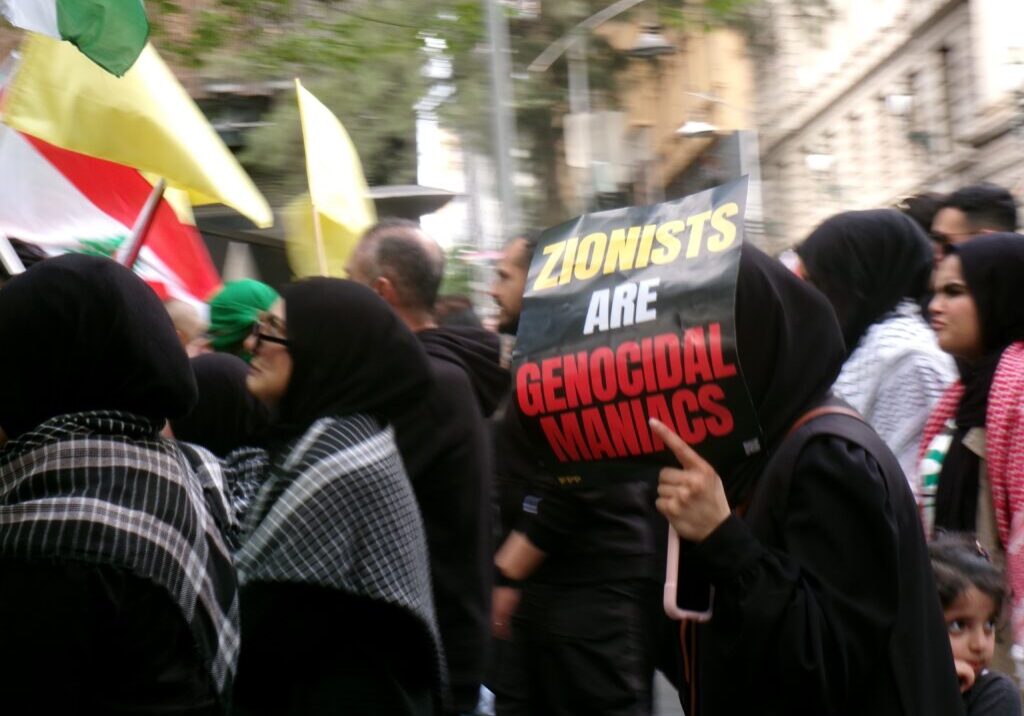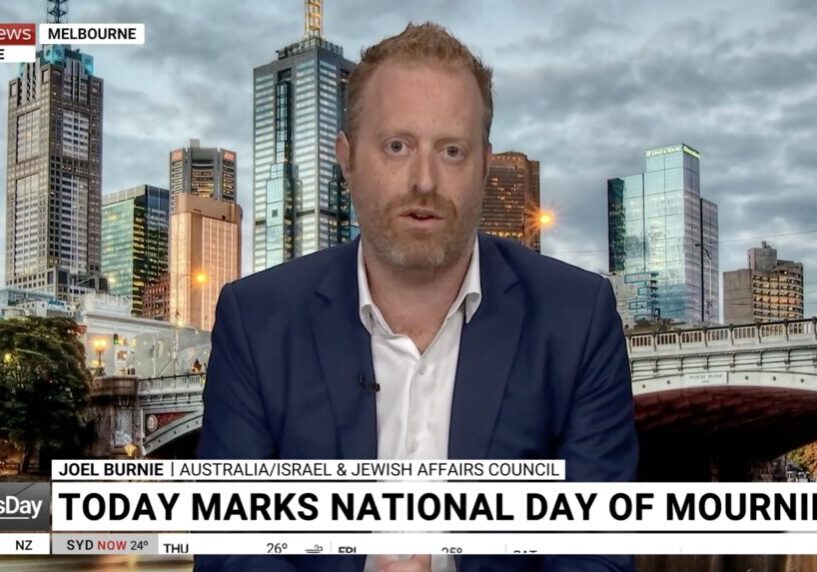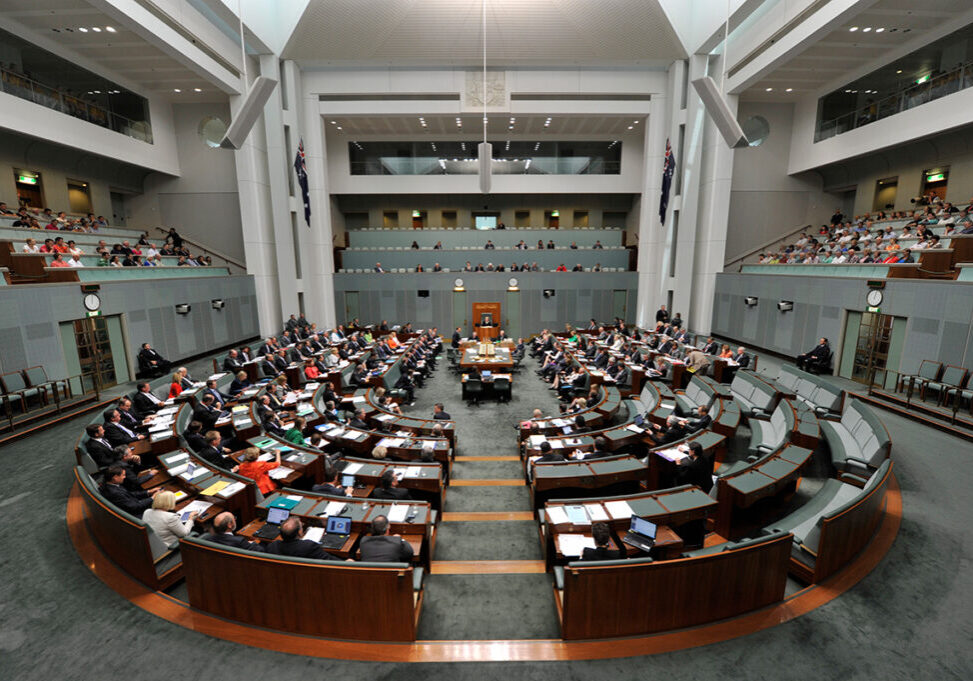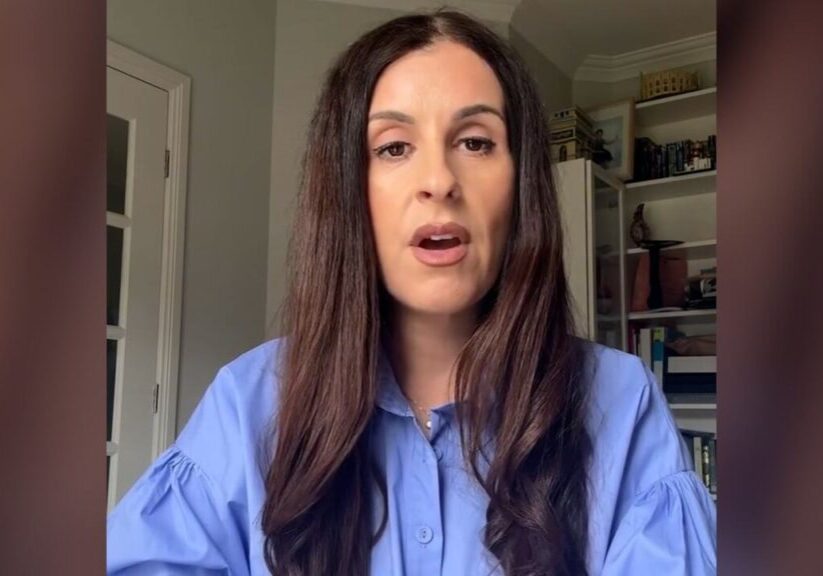Australia/Israel Review
Voices of Dialogue and Hope
Jul 1, 2015 | Sharyn Mittelman
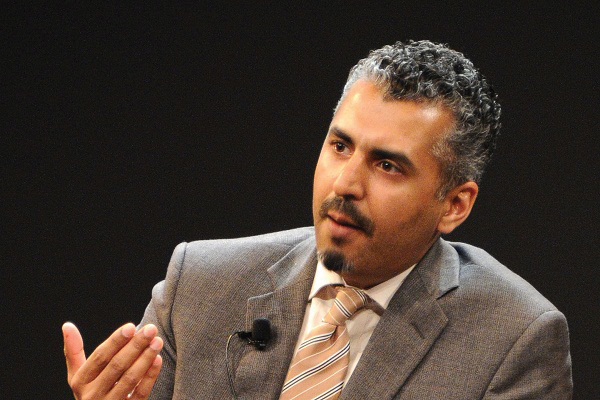
Sharyn Mittelman
This June the American Jewish Committee (AJC) hosted its annual Global Forum conference in Washington DC, bringing together leaders and commentators to grapple with the defining challenges of our time in Jewish and Israel affairs – including rising antisemitism, the anti-Israel boycott, prospects for a two-state resolution and Iran’s nuclear threat. I had the pleasure of not only attending the conference but of liaising with AJC’s Communications team in the month leading up to the Global Forum – a product of AIJAC’s long-standing relationship with AJC, a leading organisation in international Jewish advocacy.
The conference featured impressive speeches from world leaders including Ukraine’s Prime Minister Arseniy Yatsenyuk, US Deputy Secretary of State Antony Blinken and Israel’s Minister for National Infrastructure, Energy and Water, Yuval Steinitz. There were also video messages from Israeli Prime Minister Binyamin Netanyahu, German Chancellor Angela Merkel, and Japanese Prime Minister Shinzo Abe – who became Japan’s first postwar Prime Minister to address a Jewish organisation.
Of particular relevance to Australia and AIJAC was the focus on Asia. There were insightful discussions on India’s embrace of Israel, especially under its current leader Prime Minister Narendra Modi, and conversations with Jewish community leaders in Asia.
But a central focus of the conference was the issue of Muslim-Jewish relations. The audience heard from a range of brave Muslim speakers who were challenging extremism and engaging in Muslim-Jewish dialogue. One standout was Maajid Nawaz, a former member of Islamist group Hizb ut-Tahrir, who co-founded the “Quilliam Foundation” – considered the world’s first counter-extremism think-tank. Nawaz commented that, “there is a triple threat facing European civilisation today… The first is from the far left, the extreme left wing. The second is from the far right. And the third is from the Islamist extremists… Now these three ideological trends agree on one thing. Essentially they agree on the hatred of the Jewish community.” Nawaz noted that they also form alliances with each other. For example, in the UK, “the Islamists form alliances with the far left on foreign policy. And that results often in a disproportionate focus on the State of Israel”, while in France, “far right organisations make partnerships and alliances with certain Muslim extremists and go about targeting synagogues and attacking Jewish people.”
Nawaz implored the audience to support Muslims who speak out against extremism: “There are many many Muslim voices emerging from across the world… who are beginning to wake up to the threat that is Islamist extremism. There are those Muslim voices, but they are nascent, they are worried about speaking out against what could be perceived as their own religion… They face all forms of stigmatisation and discrimination from within their own communities. So whereas we will continue to lead that charge to speak against Islamist extremism, I will ask you to find those Muslim voices, wherever you see them. Give them a chance, hear from them, cultivate those voices because those partnerships mean everything if we are to march forward together against the scourge of antisemitism and against that triple threat.”
Courageous Muslim voices acting at grassroots levels were also at the parallel AJC ACCESS Summit, which is geared towards young professionals. In some cases their bravery outshone the most noted international speakers.
From Tunisia, Yamina Thabet shared her story. She was 21 years old at the start of the Arab Spring when she decided to start a human rights organisation to protect minorities in Tunisia including Jews and homosexuals. Now 25, she continues to be the president of the organisation she founded – the Tunisian Association Supporting Minorities, despite intimidation and multiple fatwas that have been issued against her.
Another inspiring voice came from Laziza Dalil, a young Muslim woman from Morocco who is the Vice President of the “Association MIMOUNA”, a group established in 2007 by Moroccan Muslim students which seeks to preserve and promote the history of Morocco’s ancient Jewish community and encourage harmony between Jews and Muslims. The group is named “MIMOUNA” after the post-Passover festival of Jewish-Arab fraternity that is unique to Moroccan Jews. Prior to the establishment of Israel, there were around 250,000 to 350,000 Jews in Morocco, but today there are fewer than 2,500.
Today MIMOUNA has chapters at three universities – Fez, Rabat, and Marrakesh – and its members study Hebrew and Jewish history and organise cultural events including “Moroccan Jewish Days”. In September 2011, MIMOUNA organised a conference commemorating Jewish victims of the Holocaust and honoured Moroccan King Mohammed V for his refusal to assent to the persecution of Jews during the Vichy occupation.
Another story of bravery came from a young Muslim man from Mali, Lassana Bathily, who was honoured with the AJC Moral Courage Award. Bathily was an employee of the kosher supermarket “Hyper Cacher” in Paris and he helped hide 15 Jews during the terrorist attack there early this year in which four Jews were killed. Bathily said: If it were to happen again tomorrow, I would do exactly the same thing because, for me, this is a normal and humane response.”
Two additional recipients of the Moral Courage Award tragically received their awards posthumously – Dan Uzan, a volunteer security guard who was killed while protecting a bat-mitzvah party at a synagogue in Denmark in February, and Zidan Sayif, the Israeli Druze policeman who was shot and killed when he rushed to the scene of the Har Nof synagogue massacre in Jerusalem last November.
The legacy of their courage and sacrifice, together with the powerful voices present at the conferences, served as clear reminders of the need to speak out against incitement and racism and to support those brave enough to do so.
* This article is featured in this month’s Australia/Israel Review, which can also be downloaded as a free App.
Tags: Antisemitism

